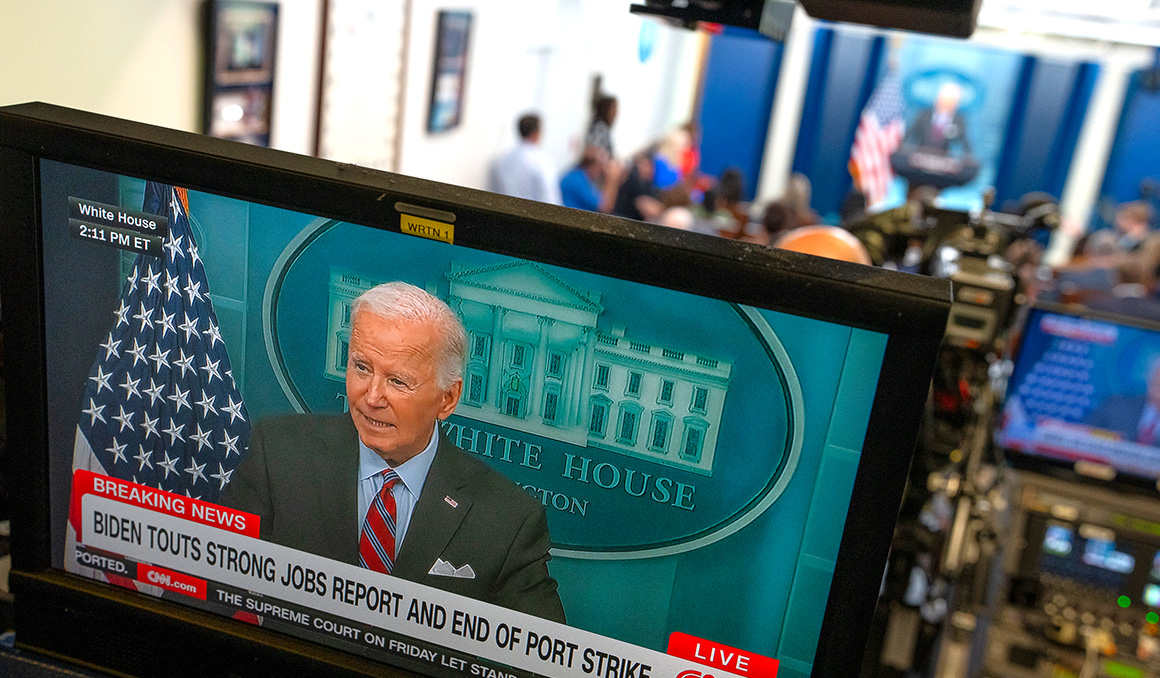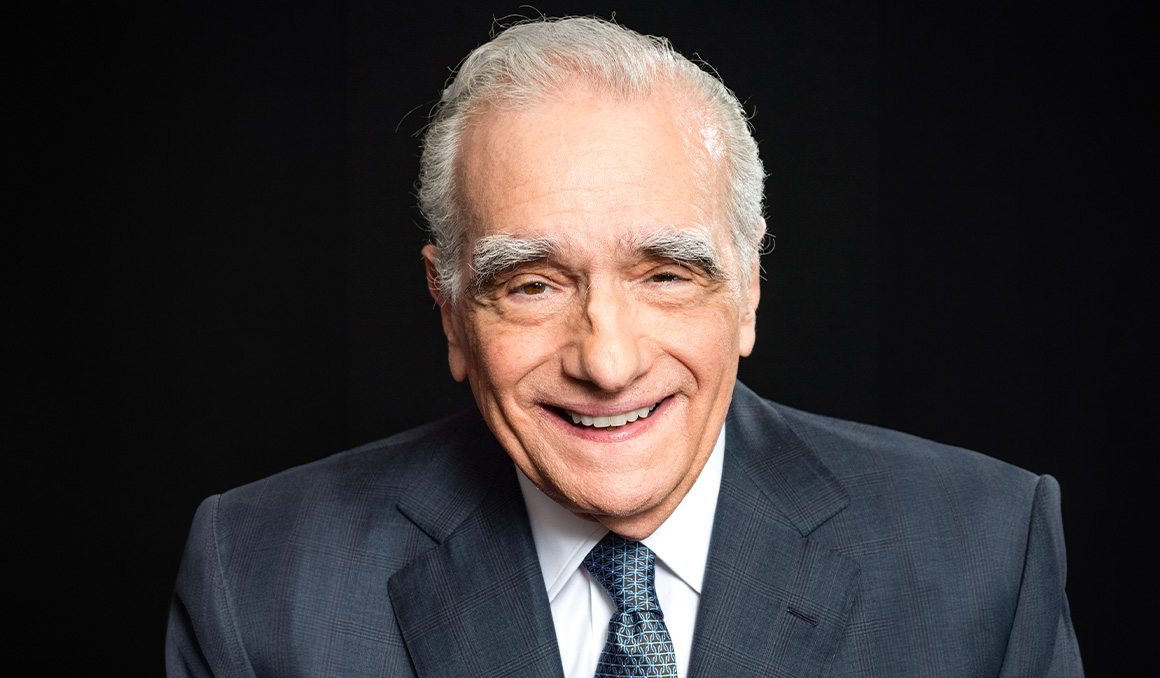CV NEWS FEED // The Synod on Synodality has concluded with the publication of its final document, marked by the confirmation that there will be no follow-up Apostolic Exhortation as in previous synods, according to Vatican News.
Pope Francis approved the final document, making it a magisterial text per his 2018 Apostolic Constitution Episcopalis communio, which stipulates that when the final document of a synod “is expressly approved by the Roman Pontiff, the Final Document participates in the ordinary Magisterium of the Successor of Peter.”
Structured in five parts and 155 paragraphs and available on the Vatican press site, the document outlines a vision for a Church that engages in continuous “discernment” and “dialogue” at all levels.
Among its proposals is the suggestion that consultative bodies within the Church should have a more significant role in decision-making processes, including the idea that papal authority cannot override a consensus reached through synodal consultations.
This approach, if implemented, would run afoul of the Church’s defined doctrine on papal authority, according to which the Pope as Successor of Peter enjoys the fullness of power and jurisdiction within the visible Church in the divinely established ecclesiastical hierarchy.
>> CARDINAL ZEN ISSUES ANOTHER CRITIQUE OF SYNOD, CALLING FOR ‘SUCCESSFUL ENDING’ <<
The role of women within the Church was also a point of significant discussion. In paragraph 60, the document raises the question of women’s access to the diaconate as an area needing further “discernment.” However, Pope St. John Paul II taught definitively that Holy Orders cannot be validly conferred on women, by Christ’s own institution of the sacrament.
Claiming that “women continue to encounter obstacles in obtaining a fuller recognition of their charisms, vocation and roles in all the various areas of the Church’s life,” the document called for “full implementation of all the opportunities already provided for in Canon Law with regard to the role of women, particularly in those places where they remain under-explored.”
“There is no reason or impediment that should prevent women from carrying out leadership roles in the Church: what comes from the Holy Spirit cannot be stopped,” the synod document states. “Additionally, the question of women’s access to diaconal ministry remains open. This discernment needs to continue.”
The synod document also called on local churches “to adopt celebratory styles that make visible the face of a synodal Church,” in the name of “the diversity of their cultures and traditions.”
When questioned on this part of the text at a Vatican press conference Saturday, Cardinal Jean Hollerich stated that this would not entail a liturgical “revolution.” “There is no plan to replace priests with laymen or lay women, just to make it a little more participatory,” the Luxemburg cardinal told journalists, according to Vatican correspondent Michael Haynes.
The text also appears to refer to LGBTQ issues and the divorced and “re-married” matters that were mentioned explicitly in the preparatory documents for the synod. The final document states: “unfortunately, others [synod participants] continued to experience the pain of feeling excluded or judged because of their marital situation, identity or sexuality.”
>> WEIGEL: YOUNG CATHOLICS DISINTERESTED IN CHURCH’S ‘HOT-BUTTON ISSUES’ <<
A notable aspect of the final document is its call for decentralization and the potential for bishops’ conferences to take on authority in doctrinal matters. In what would be a significant shift, the document proposes that Canon Law could be revised to allow for local bishops to address some doctrinal questions autonomously, creating what it called a “sound decentralisation.”
The proposal to invest bishops’ conferences with doctrinal authority has been strongly criticized by Cardinal Walter Brandmüller, who argued instead for a revival of provincial councils in an article first published by Settimo Cielo.
The synod document also called for giving laity “a greater voice in choosing bishops,” increasing lay ministries “that do not require the sacrament of Holy Orders,” and extending these ministries beyond functions within the liturgy.
Citing the way in which in some places laity already lead liturgies in the absence of a priest, the document called for “extending and stabilising these opportunities for the exercise of lay ministries.”


 By CatholicVote | Created at 2024-10-30 20:26:37 | Updated at 2024-10-30 23:32:41
3 hours ago
By CatholicVote | Created at 2024-10-30 20:26:37 | Updated at 2024-10-30 23:32:41
3 hours ago



